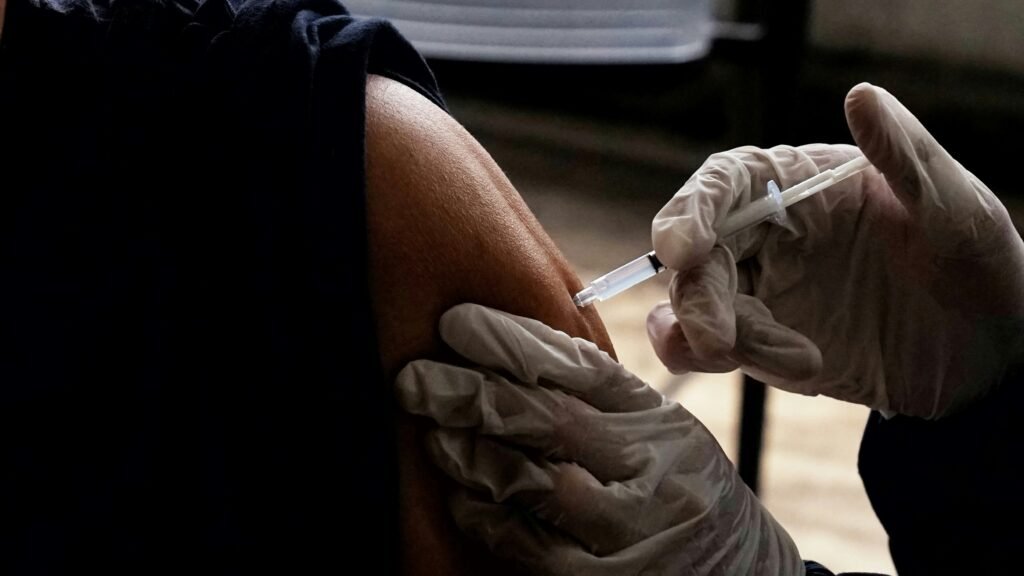Health
McCullough Alleges Government Hid COVID Vaccine Side Effects
Dr. Peter McCullough, a prominent cardiologist and vocal critic of COVID-19 vaccine safety protocols, delivered explosive testimony before the U.S. Senate, alleging that federal officials intentionally concealed known side effects of mRNA COVID-19 vaccines, particularly myocarditis, to avoid fueling vaccine hesitancy. The hearing, held by the Senate’s Permanent Subcommittee on Investigations, focused on the government’s handling of adverse event data and the transparency of public health messaging.

Allegations of Concealment and Downplaying Risks
Dr. McCullough and other expert witnesses argued that by early 2021, federal health agencies—including the CDC and FDA—were aware of a rising number of myocarditis cases, especially in young males, following mRNA vaccination. According to McCullough, rather than promptly issuing a Health Alert Network (HAN) message to inform medical professionals and the public, officials chose to minimize the risks in public communications and delayed formal warnings.
Senate documents and testimony indicated that the Biden administration’s primary concern was not the adverse events themselves, but the potential for increased vaccine hesitancy if these risks were widely publicized. Subpoenaed records showed that talking points distributed to top health officials in May 2021 described myocarditis and pericarditis as “rare” and emphasized the benefits of vaccination.
Expert Testimony and Public Reaction
Dr. McCullough cited autopsy data and peer-reviewed literature to support his claims, stating that a significant proportion of post-vaccine deaths could be linked to the mRNA vaccines—a point that has ignited debate within the medical community due to conflicting interpretations of the data. Other witnesses, such as Dr. Jordan Vaughn, reinforced concerns about the lack of timely alerts to physicians, arguing that earlier warnings could have improved patient outcomes and informed consent.
Disputed Evidence and Context
Some lawmakers and public health advocates cautioned against interpreting the delayed warnings as evidence of a deliberate cover-up. They noted that internal emails and communications showed CDC officials reminding providers to report myocarditis cases and discussing how best to communicate evolving risks. Critics of the concealment narrative argue that these actions reflect the complexities of decision-making during a public health emergency rather than intentional suppression of information.
Current Agency Position
In response to mounting scrutiny, the FDA has expanded warning labels for mRNA COVID-19 vaccines to include more detailed information about the risk of myocarditis, particularly among young males. The CDC maintains that these cases remain rare and typically resolve quickly, and continues to emphasize the overall safety and efficacy of the vaccines.
Summary Table: Key Points from Senate Hearing
Allegation/Testimony Supporting Details Official Response Government hid vaccine side effects Delayed HAN alert, internal talking points downplaying myocarditis Agencies say risk was rare, warnings now updated Myocarditis risk known early, not disclosed Subpoenaed records, expert testimony CDC/FDA cite evolving evidence, communications to providers5 Public health prioritized hesitancy over transparency Senate report, witness statements Agencies highlight need for careful messaging
The Senate hearing has intensified calls for greater transparency and accountability in vaccine safety monitoring, while also fueling ongoing debate over the interpretation and communication of vaccine risk data.